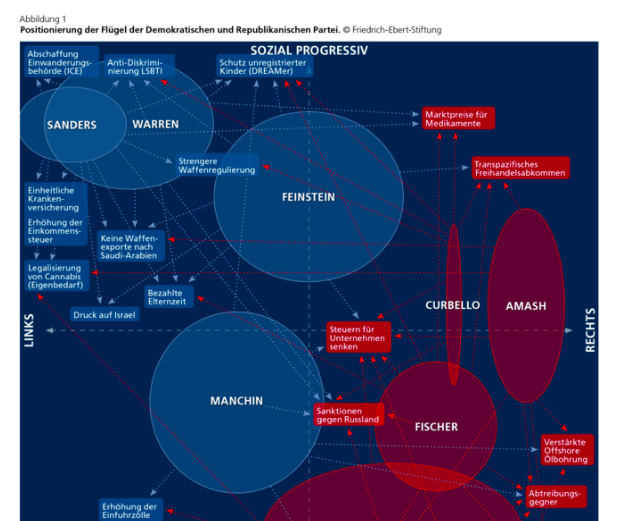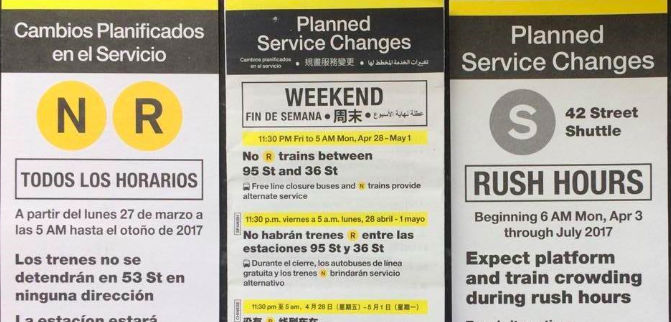RESEARCH
Neighborhoods Now: Tools for Community-Led Recovery for the Urban Design Forum

“A digital toolkit featuring designs, guidelines, and strategies to aid safe reopening and recovery from the COVID-19 pandemic. Each tool you find here was created by neighborhood-specific coalitions of community organizations, architects, engineers, lawyers, and planners.”
Along with a core team at the Urban Design Forum and the Van Alen Insitute, I spearheaded the launch of Neighborhoods Now, an initiative channeling pro-bono resources from New York-based design firms into community-driven recovery strategies. Throughout summer 2020, we partnered with neighborhood organizations to produce a set of design recommendations and prototypes addressing immediate needs for COVID-19 awareness campaigns, open air dining, and outdoor education and wellness activities.
Learning from Cable News’ Coverage of the Trump-Russia Collusion Scandal in The Columbia Journalism Review

“Cable new channels systematically favored the Trump-Russia collusion scandal for nearly three years, clogging the information pipeline citizens depend on to ground their civic participation.”
Working as a researcher and writer for Harmony Labs, a media research group, I examined closed-captioning transcripts of cable news programs catalogued between election day and April 19, 2019. Enlisted a machine-learning model to analyze these three years of transcripts from cable news networks, I scrutinized the mainstream media’s long love affair with the Russian collusion narrative and Mueller investigation.
Ideological Polarization and Factionalism in U.S. Political Parties for the Freidrich Ebert Stiftung

“Mapping various factions in the Democratic and Republican Parties challenges the popular portrait of contemporary American politics as increasingly partisan, with black-and-white differences between those supportive of and oppositional to President Donald Trump. While the Trump Presidency has certainly galvanized politicians and voters to make uncompromising “us vs. them” statements, this binary masks significant variation within each party—both in terms of policy positions and candidates’ approach to the current political situation.”
In the lead up to the 2018 U.S. Midterm Election, I worked with Dutch electoral politics research firm Kieskompas to produce a report on ideological polarization and factionalism in U.S. political parties for German think-tank Friedrich Ebert Stiftung, an affiliate of the Social Democratic Party (SPD). I reviewed past literature and theories of polarization in the U.S.; identified factions within each political party and candidates to represent them; coded issue statements and candidates along a two-axis political spectrum; and composed a report analyzing the outcomes of the candidate mapping and coding exercise, in addition to results from a survey we conducted of American voters.
Conflict Urbanism: Language in Transit for the Columbia Center for Spatial Research

“The choices about the language(s) officially displayed in transit systems are political. As public spaces, the language(s) used by, and found in the system are a reflection of wider laws and attitudes towards language diversity in a city. How does the transporation system of a global city respond to its liguistically diverse population?”
As part of the ‘Confict Urbanism: Language Justice’ multidisciplinary seminar and research project at Columbia Center for Spatial Research (affiliated with GSAPP), I comparatively studied the language policies of the New York City and Montreal transportation authorities. Contributing to a larger research effort exploring how language manifests in the spatial patterns of New York City, I conducted field research on the NYC subway, photographed and cataloged findings, and reviewed local and national language laws.